Cattāro Brahma Vihāro or the four divine dwellings are four methods of meditation that you will learn in this chapter. These four divine dwellings are expounded by the Buddha; they are mettā or loving kindness, muditā or appreciative joy, karunā or compassion, and upekkhā or equanimity. They are called divine dwellings because the Mahā Brahma possesses these dwellings. If one practices the four divine dwellings habitually, at the breakup of the body, he or she will be born in a Brahma world. In the following paragraphs, we will explain each of these meditation techniques in detail.
16.1 Mettā Bhāvanā (Loving Kindness Meditation)
Mettā is the genuine friendship one extends to himself or herself and to others. One who is friendly to oneself will not harm himself or herself. One who is friendly to others will not harm others. The friendship that brings benefits to both oneself and others is mettā. According to the Anuruddha sutta of the Middle-length Discourses, the arahant Anuruddha explained two methods of developing loving kindness meditation: they are appamāna ceto vimutti or infinite- mental-emancipation and mahaggata ceto vimutti or great-mental-emancipation.
The spread of loving kindness to beings on the four main directions (North, East, South and West), four intermediate directions (Northeast, Southeast, Northwest and Southwest) and above and below, infinitely (appamāna) is known as appamana ceto vimutti. Thus, in this meditation one spreads loving kindness on ten directions. This is the way to practice appamana ceto vimutti, if one prefers spreading loving kindness to beings infinitely:
- May all beings in the North be free from anger; be free from ill-will; be free from jealousy; be free from mental and physical suffering; may they live in peace; may they live happily.
- May all beings in the Northeast be free from anger; be free from ill-will; be free from jealousy; be free from mental and physical suffering; may they live in peace; may they live happily.
- May all beings in the East be free from anger; be free from ill-will; be free from jealousy; be free from mental and physical suffering; may they live in peace; may they live happily.
- May all beings in the Southeast be free from anger; be free from ill-will; be free from jealousy; be free from mental and physical suffering; may they live in peace; may they live happily.
- May all beings in the South be free from anger; be free from ill-will; be free from jealousy; be free from mental and physical suffering; may they live in peace; may they live happily.
- May all beings in the Southwest be free from anger; be free from ill-will; be free from jealousy; be free from mental and physical suffering; may they live in peace; may they live happily.
- May all beings in the West be free from anger; be free from ill-will; be free from jealousy; be free from mental and physical suffering; may they live in peace; may they live happily.
- May all beings in the Northwest be free from anger; be free from ill-will; be free from jealousy; be free from mental and physical suffering; may they live in peace; may they live happily.
- May all beings in the direction above be free from anger; be free from ill-will; be free from jealousy; be free from mental and physical suffering; may they live in peace; may they live happily.
- May all beings in the direction below be free from anger; be free from ill-will; be free from jealousy; be free from mental and physical suffering; may they live in peace; may they live happily.
Mahaggata ceto vimutti is the spreading of loving kindness to beings, progressively expanding the land area covered. In this mediation, one first develops loving kindness to oneself. Then, expand the land area of spreading loving kindness to include the beings in the village where he or she resides; next include all beings in the city; then include the beings in the province; then include the beings in the country; next include beings in this world; and finally include all living beings. If one prefers spreading loving kindness to beings progressively based on land area covered, this is the way to practice mahaggata ceto vimutti.
- May I be free from anger; be free from ill-will; be free from jealousy; be free from mental and physical suffering; may I live in peace; may I live happily.
- As I wish for me, may all beings in the village be free from anger; be free from ill-will; be free from jealousy; be free from mental and physical suffering; may they live in peace; may they live happily.
- As I wish for me, may all beings in the city be free from anger; be free from ill-will; be free from jealousy; be free from mental and physical suffering; may they live in peace; may they live happily.
- As I wish for me, may all beings in the province be free from anger; be free from ill-will; be free from jealousy; be free from mental and physical suffering; may they live in peace; may they live happily.
- As I wish for me, may all beings in this country be free from anger; be free from ill-will; be free from jealousy; be free from mental and physical suffering; may they live in peace; may they live happily.
- As I wish for me, may all beings in this world be free from anger; be free from ill-will; be free from jealousy; be free from mental and physical suffering; may they live in peace; may they live happily.
- As I wish for me, may all beings be free from anger; be free from ill-will; be free from jealousy; be free from mental and physical suffering; may they live in peace; may they live happily.
The Buddha said that one may develop the mind to reach the third jhāna through practicing loving kindness meditation. One who wishes to develop jhāna through loving kindness meditation must practice as the Buddha had instructed. When one develops loving kindness meditation as instructed by the Buddha, the mind gets concentrated suppressing the five hindrances. By practicing loving kindness meditation in that concentrated mind, one develops the first jhāna experiencing vitakka (applied thought), vicāra (sustained thought), nirāmisa pīti (non-sensual rapture), sukha (gladness), and ekaggatha (one-pointedness- or unification-of-mind). Having developed the first jhāna, one may continue to practice loving kindness mediation in the same manner to develop up to the third jhāna.
The benefits of practicing loving kindness meditation are enormous. The Buddha expounded the gains of the loving kindness meditation in the Mettānisaṁsa sutta. Accordingly, one who practices loving kindness meditation will experience the following benefits here in this very life.
- One sleeps peacefully.
- One wakes up peacefully.
- One does not dream nightmares.
- One becomes dear to humans.
- One becomes dear to non-humans.
- Gods protect one.
- One is unharmed by fire, poison and weapons.
- One develops concentration easily.
- One has a beautiful face.
- One passes away mindfully.
- One is born in a brahma world, if one does not attain higher stages of enlightenment.
16.2 Muditā Bhāvanā (Contemplation on Appreciative Joy)
Muditā is the genuine happiness one experiences seeing others’ success. Having seeing others righteously collect wealth and properties, if one does not develop envy and instead develops appreciative joy, he or she is said to be in muditā. When others around us gain fame and praise, succeed in education, or grow in beauty, we should be happy about their gains. If one develops envy having seen beauty of another, having heard success in education of another, or having heard fame and praise of another, then he or she must suppress such evil thoughts, eradicate such defiled thoughts and develop sympathetic joy.
The Buddha said that developing appreciative joy helps eliminate arati, which is the mental phenomenon of developing displeasure in wholesome activities. In order to develop concentration, muditā meditation can be practiced as appamāna (infinite) and mahaggata (great) following the same approach as explained under mettā meditation. As explained below, one may practice muditā meditation based on mahaggata ceto vimutti:
- May I grow in lifespan; may I grow in power; may I grow in beauty; may I grow in pleasure; may I grow in fame; may I grow in praise; and may I grow in wisdom.
- As I wish for me, may everyone in this house grow in lifespan; may they grow in power; may they grow in beauty; may they grow in pleasure; may they grow in fame; may they grow in praise; and may they grow in wisdom.
- As I wish for me, may everyone in this village grow in lifespan; may they grow in power; may they grow in beauty; may they grow in pleasure; may they grow in fame; may they grow in praise; and may they grow in wisdom.
- As I wish for me, may everyone in this city grow in lifespan; may they grow in power; may they grow in beauty; may they grow in pleasure; may they grow in fame; may they grow in praise; and may they grow in wisdom.
- As I wish for me, may everyone in this province grow in lifespan; may they grow in power; may they grow in beauty; may they grow in pleasure; may they grow in fame; may they grow in praise; and may they grow in wisdom.
- As I wish for me, may everyone in this country grow in lifespan; may they grow in power; may they grow in beauty; may they grow in pleasure; may they grow in fame; may they grow in praise; and may they grow in wisdom.
- As I wish for me, may everyone in this world grow in lifespan; may they grow in power; may they grow in beauty; may they grow in pleasure; may they grow in fame; may they grow in praise; and may they grow in wisdom.
- As I wish for me, may all beings grow in lifespan; may they grow in power; may they grow in beauty; may they grow in pleasure; may they grow in fame; may they grow in praise; and may they grow in wisdom.
Below is the way to practice muditā meditation based on appamāna ceto vimutti.
- May I grow in lifespan; may I grow in power; may I grow in beauty; may I grow in pleasure; may I grow in fame; may I grow in praise; and may I grow in wisdom.
- May all beings in the North grow in lifespan; may they grow in power; may they grow in beauty; may they grow in pleasure; may they grow in fame; may they grow in praise; and may they grow in wisdom.
- May all beings in the Northeast grow in lifespan; may they grow in power; may they grow in beauty; may they grow in pleasure; may they grow in fame; may they grow in praise; and may they grow in wisdom.
- May all beings in the East grow in lifespan; may they grow in power; may they grow in beauty; may they grow in pleasure; may they grow in fame; may they grow in praise; and may they grow in wisdom.
- May all beings in the Southeast grow in lifespan; may they grow in power; may they grow in beauty; may they grow in pleasure; may they grow in fame; may they grow in praise; and may they grow in wisdom.
- May all beings in the South grow in lifespan; may they grow in power; may they grow in beauty; may they grow in pleasure; may they grow in fame; may they grow in praise; and may they grow in wisdom.
- May all beings in the Southwest grow in lifespan; may they grow in power; may they grow in beauty; may they grow in pleasure; may they grow in fame; may they grow in praise; and may they grow in wisdom.
- May all beings in the West grow in lifespan; may they grow in power; may they grow in beauty; may they grow in pleasure; may they grow in fame; may they grow in praise; and may they grow in wisdom.
- May all beings in the Northwest grow in lifespan; may they grow in power; may they grow in beauty; may they grow in pleasure; may they grow in fame; may they grow in praise; and may they grow in wisdom.
- May all beings in the direction above grow in lifespan; may they grow in power; may they grow in beauty; may they grow in pleasure; may they grow in fame; may they grow in praise; and may they grow in wisdom.
- May all beings in the direction below grow in lifespan; may they grow in power; may they grow in beauty; may they grow in pleasure; may they grow in fame; may they grow in praise; and may they grow in wisdom.
16.3 Karunā Bhāvanā (Contemplation on Compassion)
Karunā is the compassion towards others when seeing their bodily and mental afflictions. We who live in the human world suffer from one or another form of affliction every moment; physically and mentally people suffer due to sickness, natural disasters etc. One may practice karunā ceto vimutti (compassion based mental-emancipation) either as mahaggata (great) or as appamāna (infinite) by following the same approach as explained under mettā and muditā meditation. One may develop the ability to eradicate taints through practicing insight within karunā ceto vimutti. Karunā meditation is developed contemplating as follows:
- May I be free from bodily afflictions; may I be free from mental afflictions; may I be healthy, physically; may I be healthy, mentally; and may I live happily.
- As I wish for me… (Apply the same pattern as mentioned in the mettā meditation) may all beings be free from bodily afflictions; may they be free from mental afflictions; may they be healthy, physically and mentally; and may they live happily.
16.4 Upekkhā Bhāvanā (Contemplation on Equanimity)
Daily, we grieve on painful encounters; we exhilarate with pleasurable encounters. In contrast, equanimity is one’s neutral stance in facing both good and bad experiences of life. One who develops equanimity will not grieve in pain and will not elate in gain but experience life with neutrality and calmness. It is a must for human beings to face eight vicissitudes (ups and downs) of life or atṭha loka Dhamma. By practicing equanimity, one develops the mind and face vicissitudes of life with a neutral attitude. Concentration that develops through practicing equanimity is known as upekkhā ceto vimutti (equanimity based mental-emancipation). Upekkhā meditation may be practiced as appamāna (infinite) or mahaggatha (great). By practicing insight through upekkhā ceto vimutti, one may develop the ability to eradicate taints. Given below is the way to contemplate on equanimity.
- May I not be elated by gain, may I not be grieved by loss; may I not be elated by praise, may I not be grieved by blame; may I not be elated by fame, may I not be grieved by disrepute; may I not be elated by bodily pleasures, may I not be grieved by bodily displeasures; may I not be elated by mental pleasures, may I not be grieved by mental displeasures; and may I be peaceful.
- As I wish for me… (Apply the same pattern as mentioned in the mettā meditation) may all beings not be elated by gain, may they not be grieved by loss; may they not be elated by praise, may they not be grieved by blame; may they not be elated by fame, may they not be grieved by disrepute; may they not be elated by bodily pleasures, may they not be grieved by bodily displeasures; may they not be elated by mental pleasures, may they not be grieved by mental displeasures; and may they be peaceful.
In the same way as we have discussed for mettā, muditā and karunā meditations, upekkhā meditation can be developed as mahaggata (great) and appamāna (infinite) following the same approach.

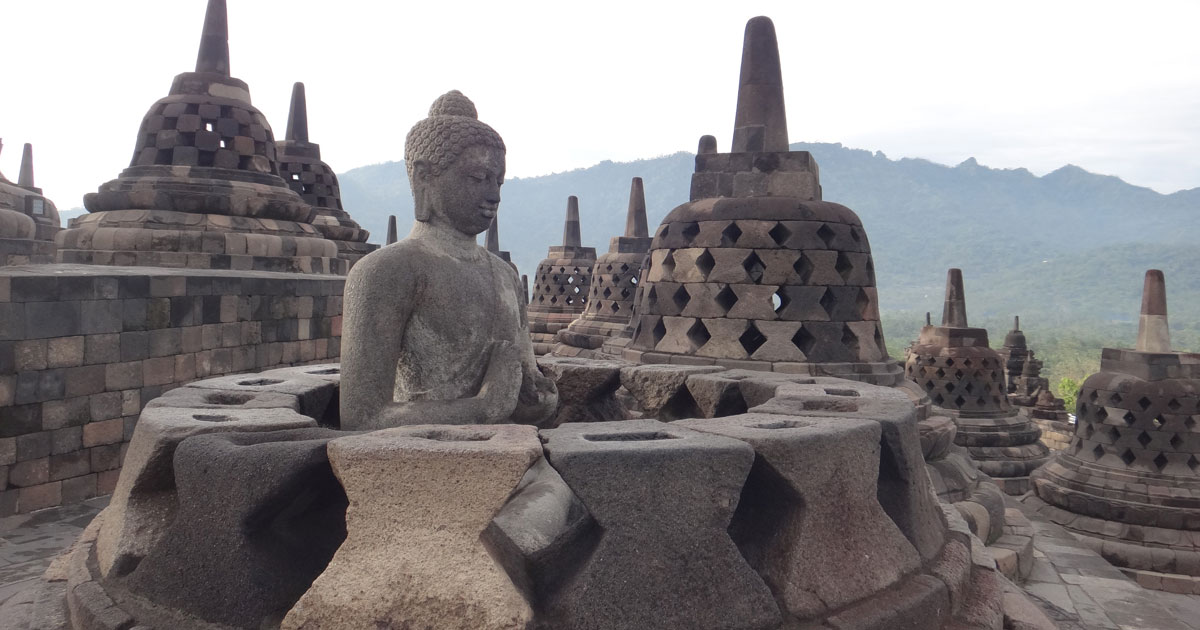
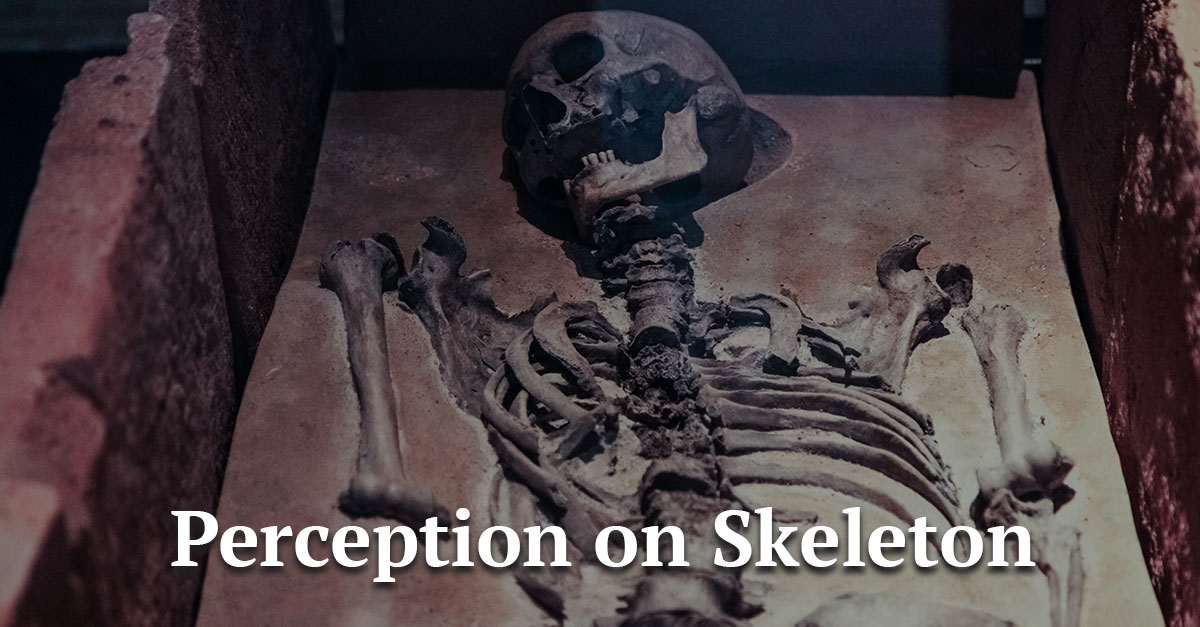
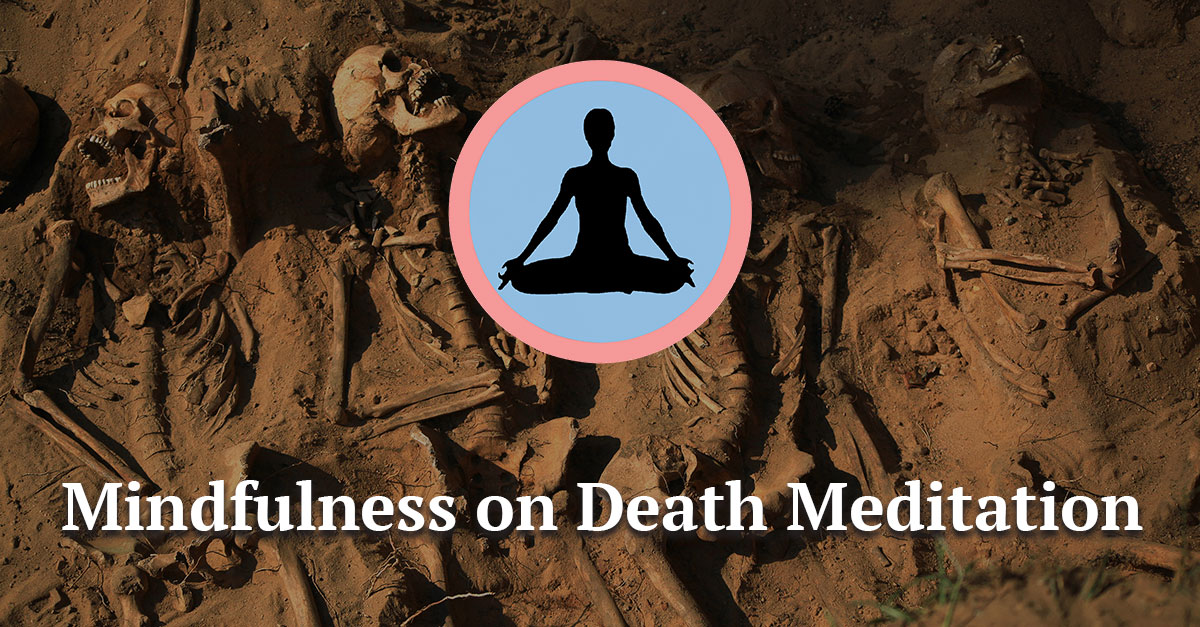
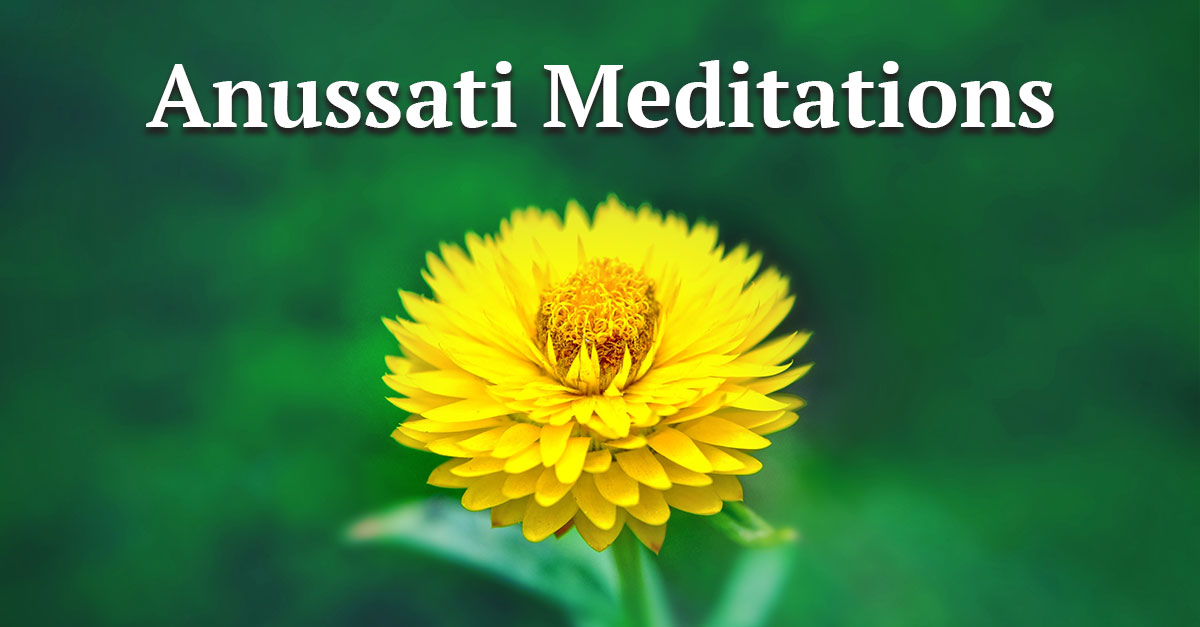
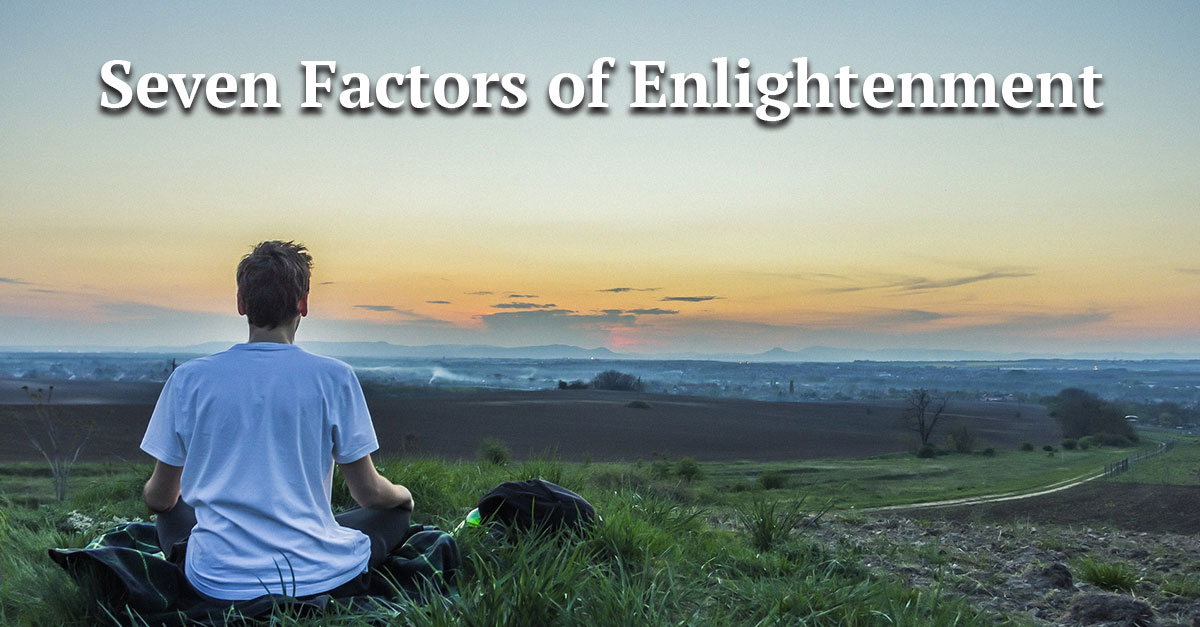
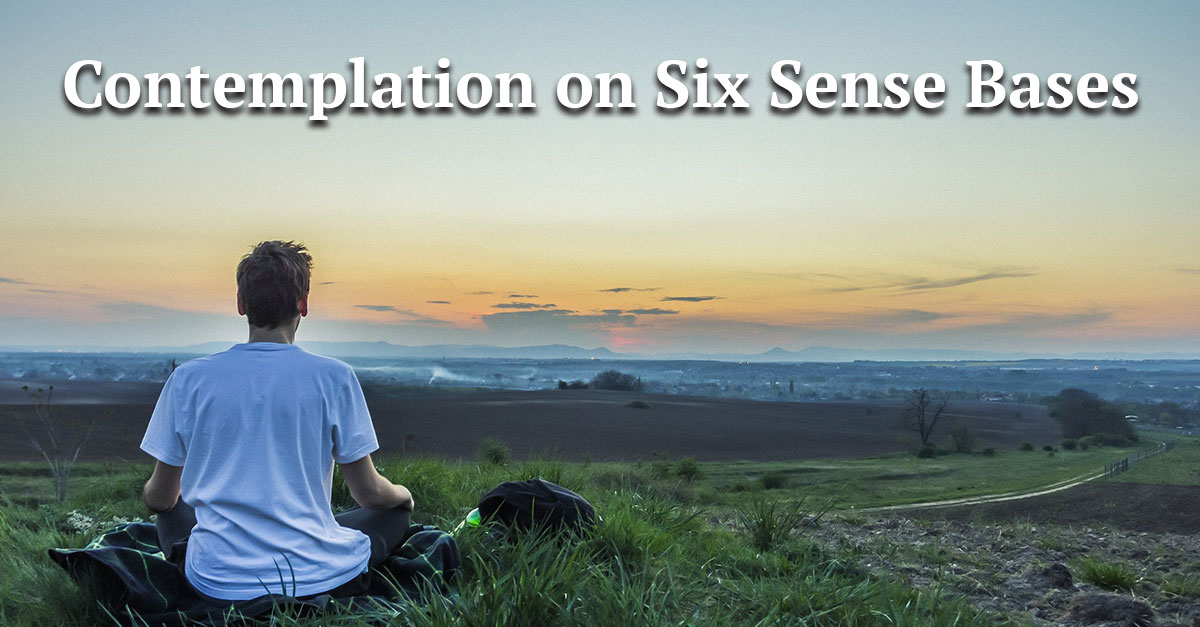
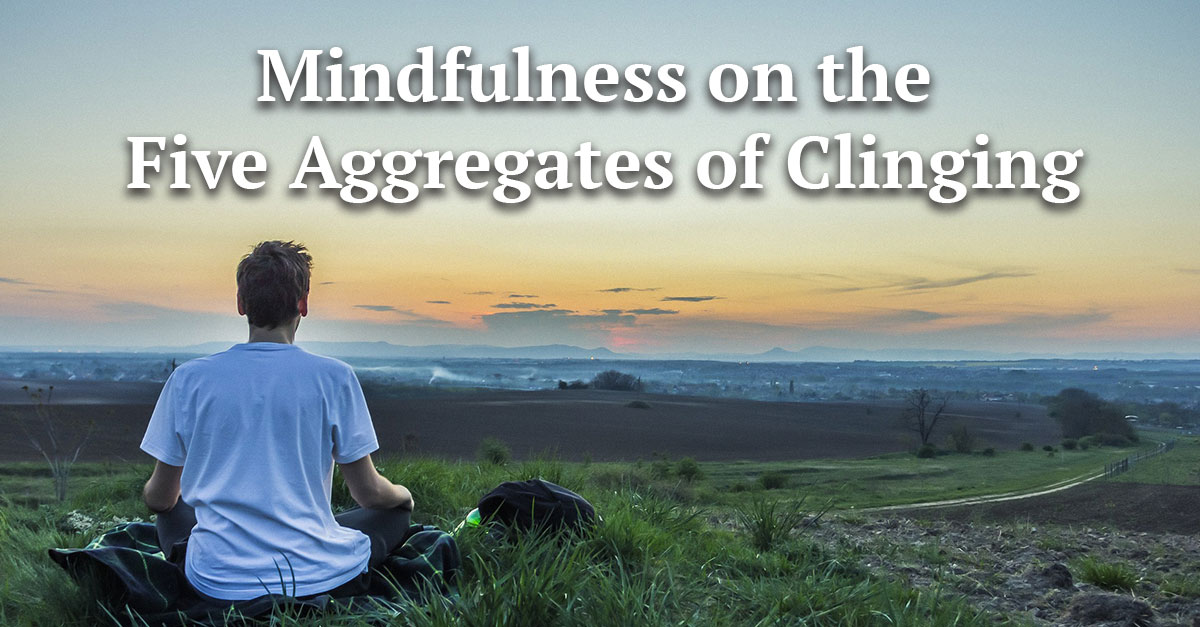
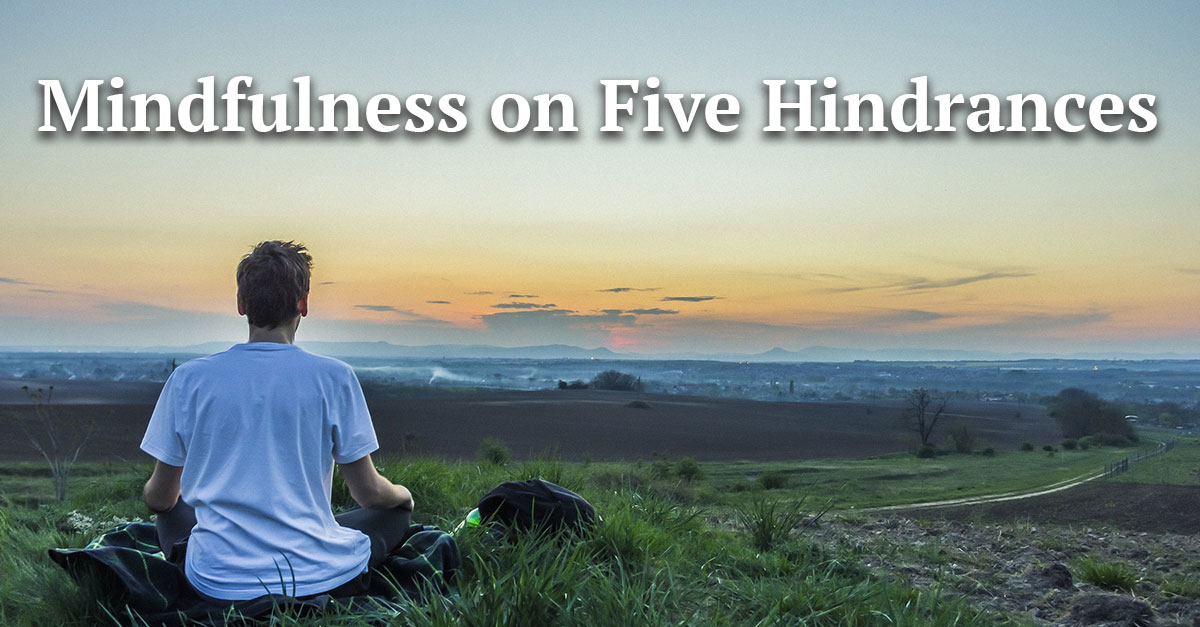
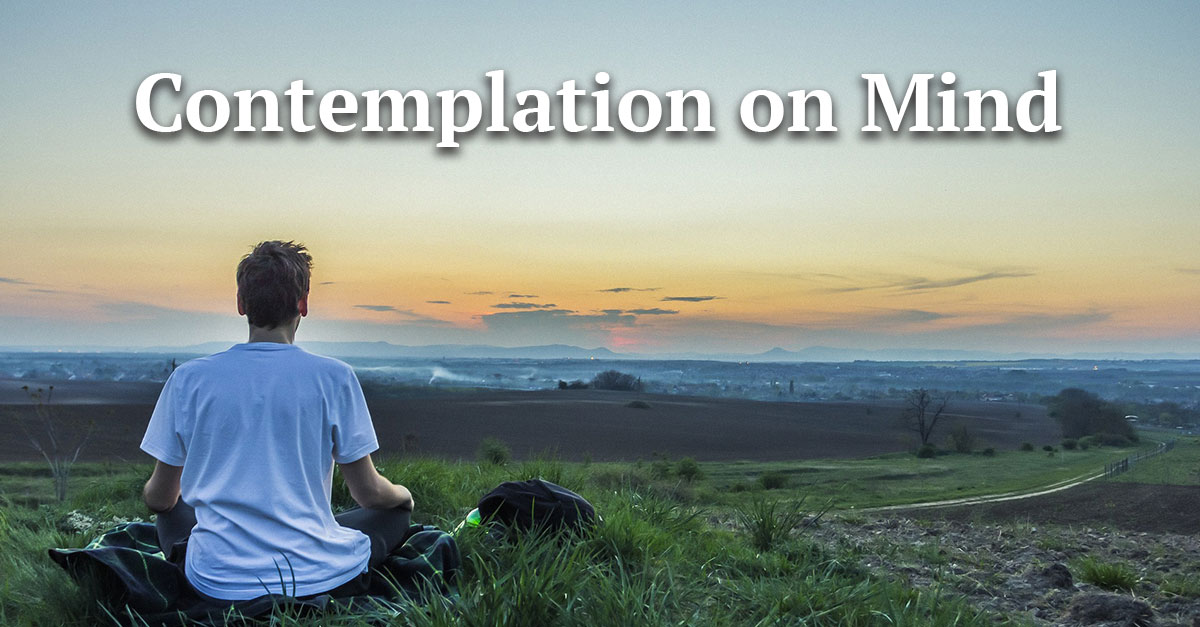

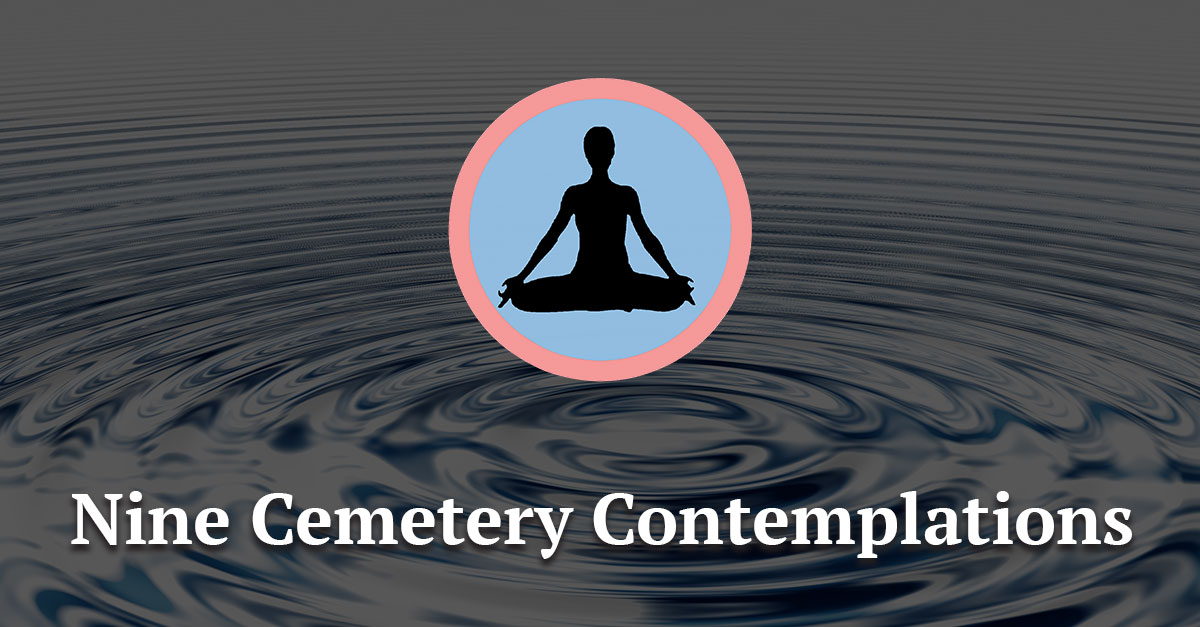
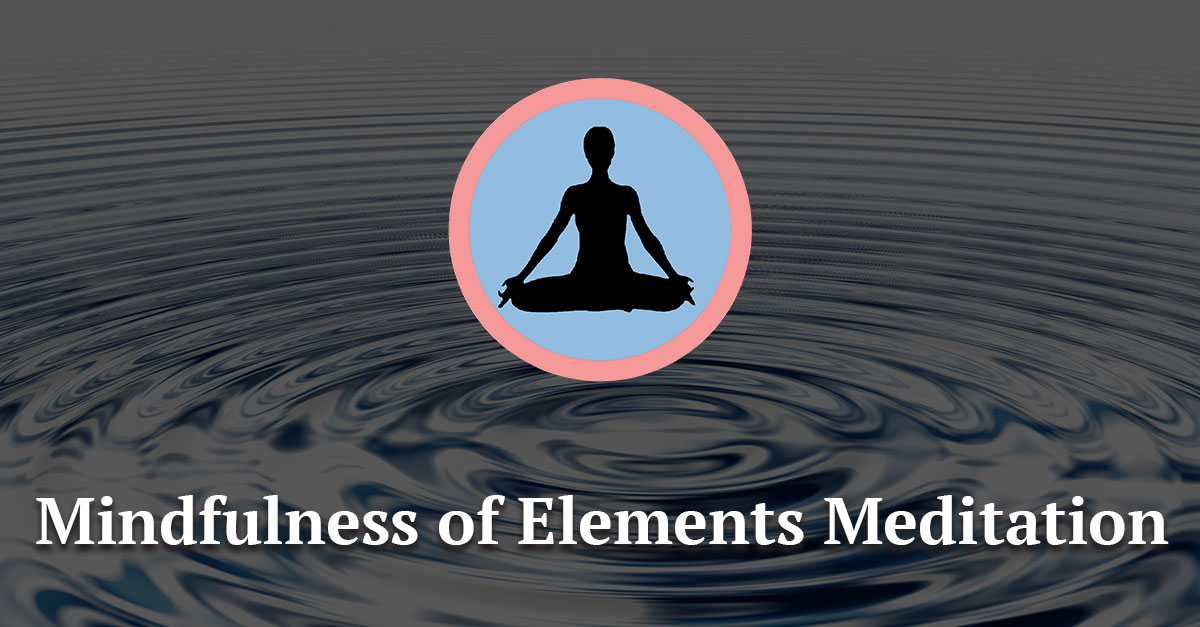
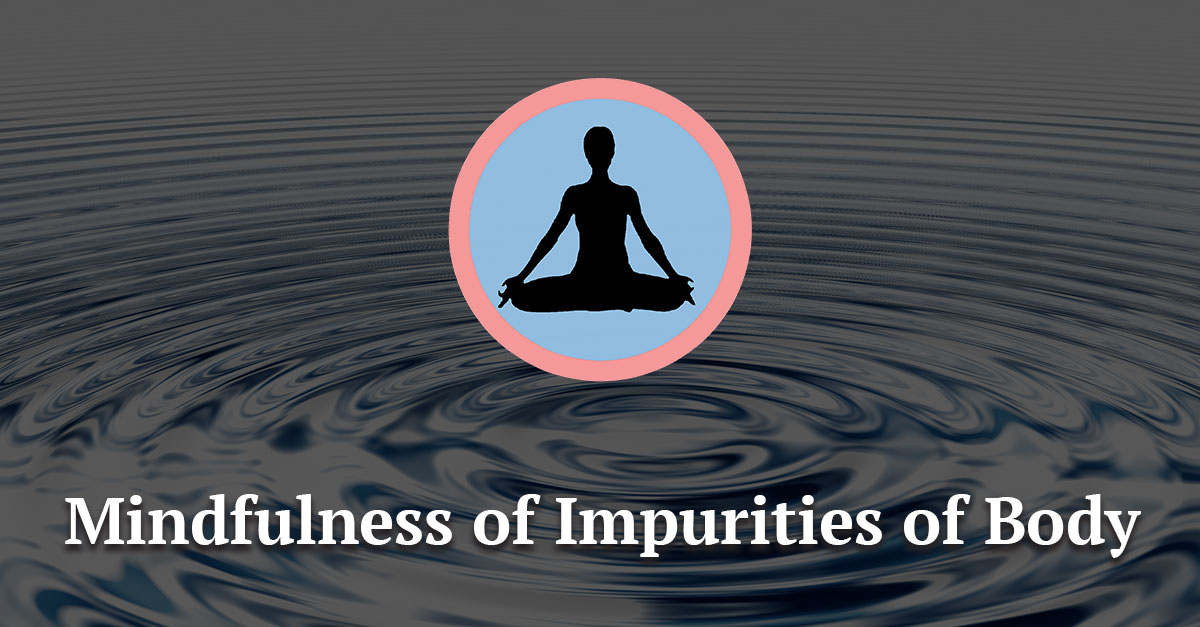
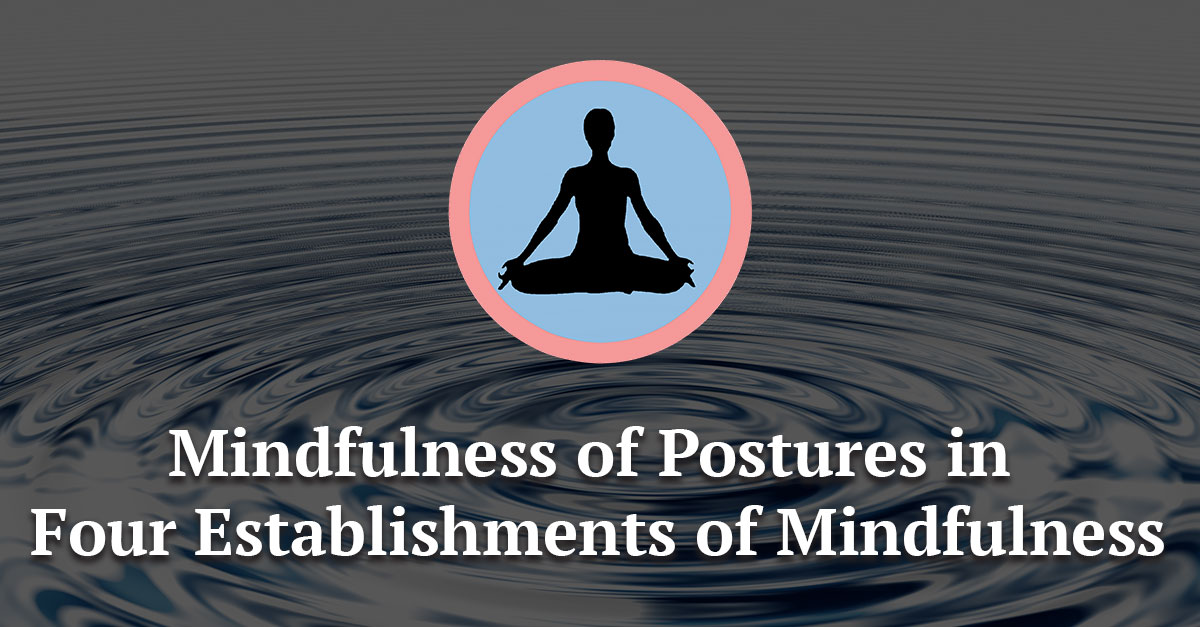
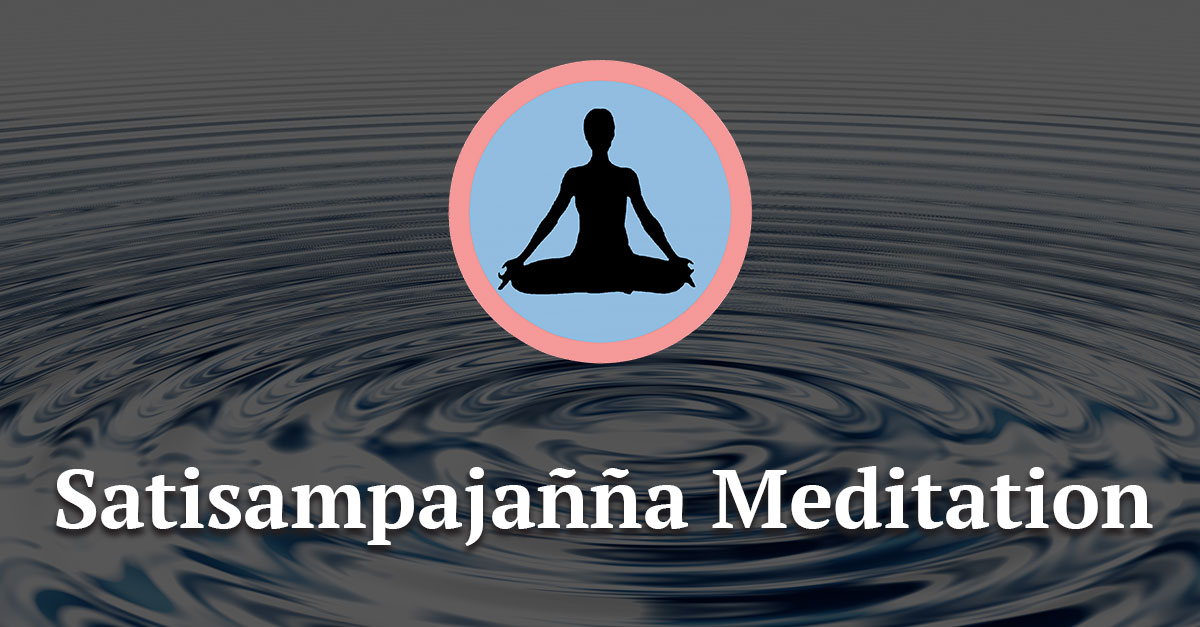
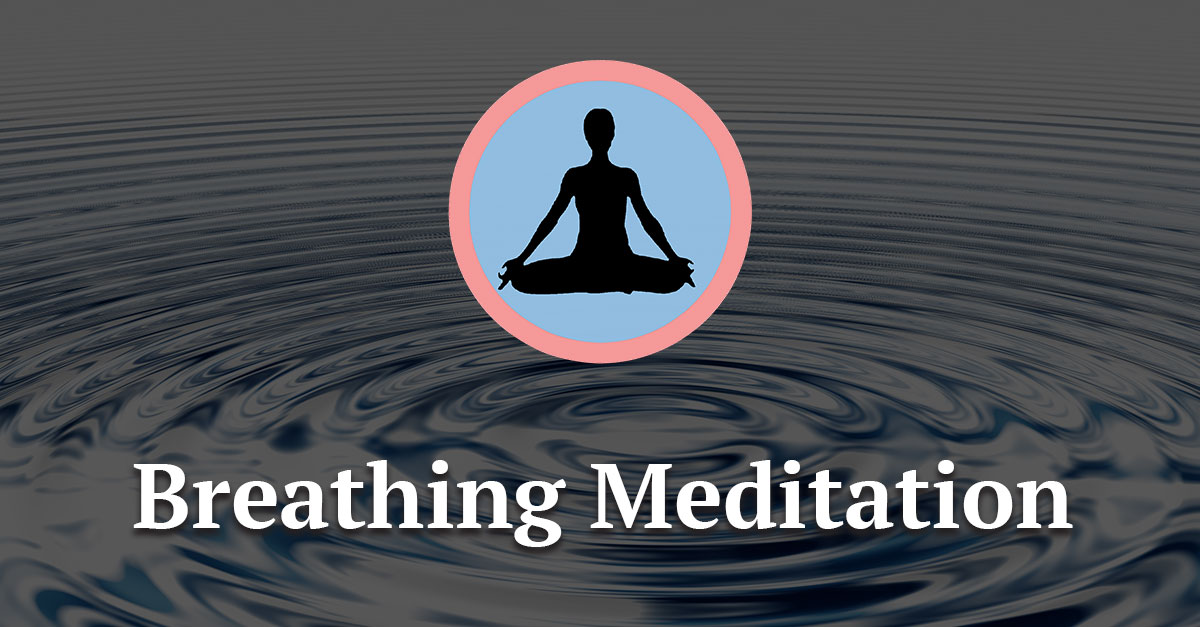
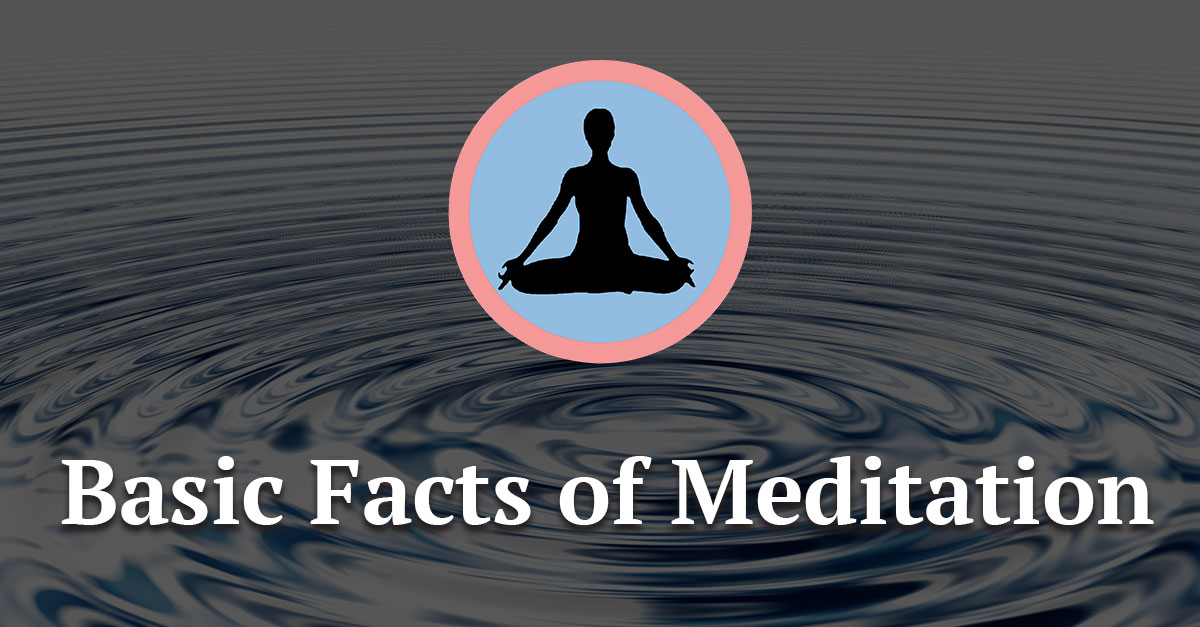
[…] he or she is better than you or lower than you. You can have the ability to wish the well-being and the development and the success of the people. Right. That these are the thoughts of Muditha. So how can we practice these thoughts of Muditha? […]